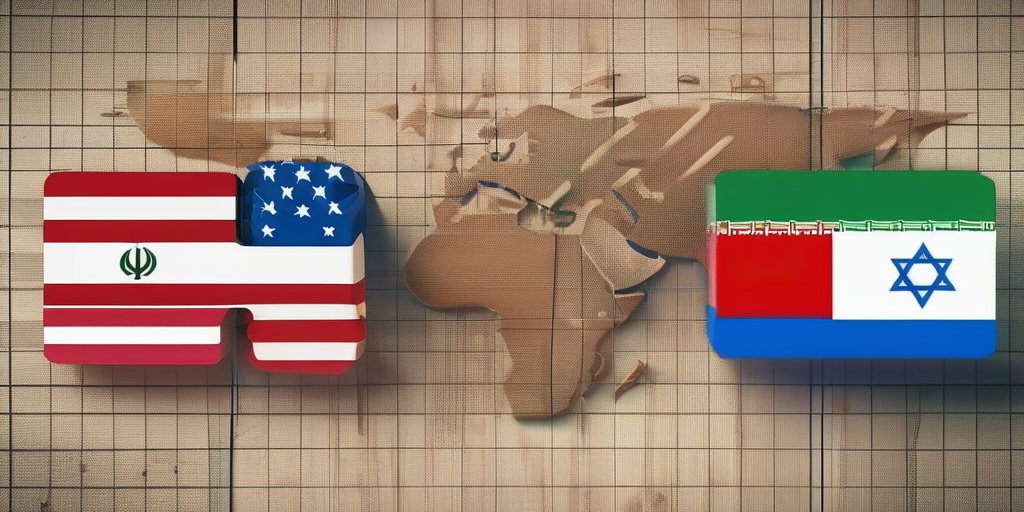In a move that has drawn mixed reactions, Donald Trump has decided to postpone a decision on whether to join Israel’s military actions against Iran for up to two weeks. This latest development comes amidst escalating tensions, with the president under scrutiny for his approach to one of the gravest national security challenges of his presidency.
Trump’s decision to delay further action has sparked discussions regarding his commitment to finding a diplomatic solution, as highlighted by former White House official Brett McGurk. A firm diplomatic resolution combined with a defined deadline could potentially lead to effective negotiations. However, Trump’s past conduct—often characterized by unpredictable decision-making—raises uncertainties about whether he will capitalize on this window of opportunity.
Throughout his two presidencies, Trump has frequently found himself imposing deadlines on complex issues, ranging from infrastructure to foreign policy. Unfortunately, these deadlines have often resulted in inaction rather than resolution. Currently, the president is grappling with a choice that doesn’t allow for such delays. Should he opt for military strikes against the Fordow Nuclear Plant, the ramifications could thrust the United States into yet another drawn-out conflict in the Middle East.
However, Trump remains aware that such military actions could ignite far-reaching geopolitical consequences, potentially leading to regional warfare or heightened tensions between Iran and the U.S. Historically, decisions of this magnitude have rattled both domestic and international landscapes. In reflecting back on past presidents, comparisons arise—as when Barack Obama refrained from military action in Syria, a choice many now argue was a misstep.
As the two-week pause begins, Trump has the chance to lead the U.S. through a potential diplomatic breakthrough, while also weighing his own political footing at home. Previous indicators suggested he may be dragged into escalation by Israel’s aggressive actions against Iran. However, the pause grants Trump the opportunity to reassess and possibly engage in dialogue, albeit with the odds still stacked against successful negotiations.
For Trump, this moment serves not only as a foreign policy challenge but also as a critical juncture connected to his presidency’s legacy. Many are anxiously observing whether he can muster the necessary strategic shifts to address Iran’s threats while balancing the significant expectations of both his allies and critics.
